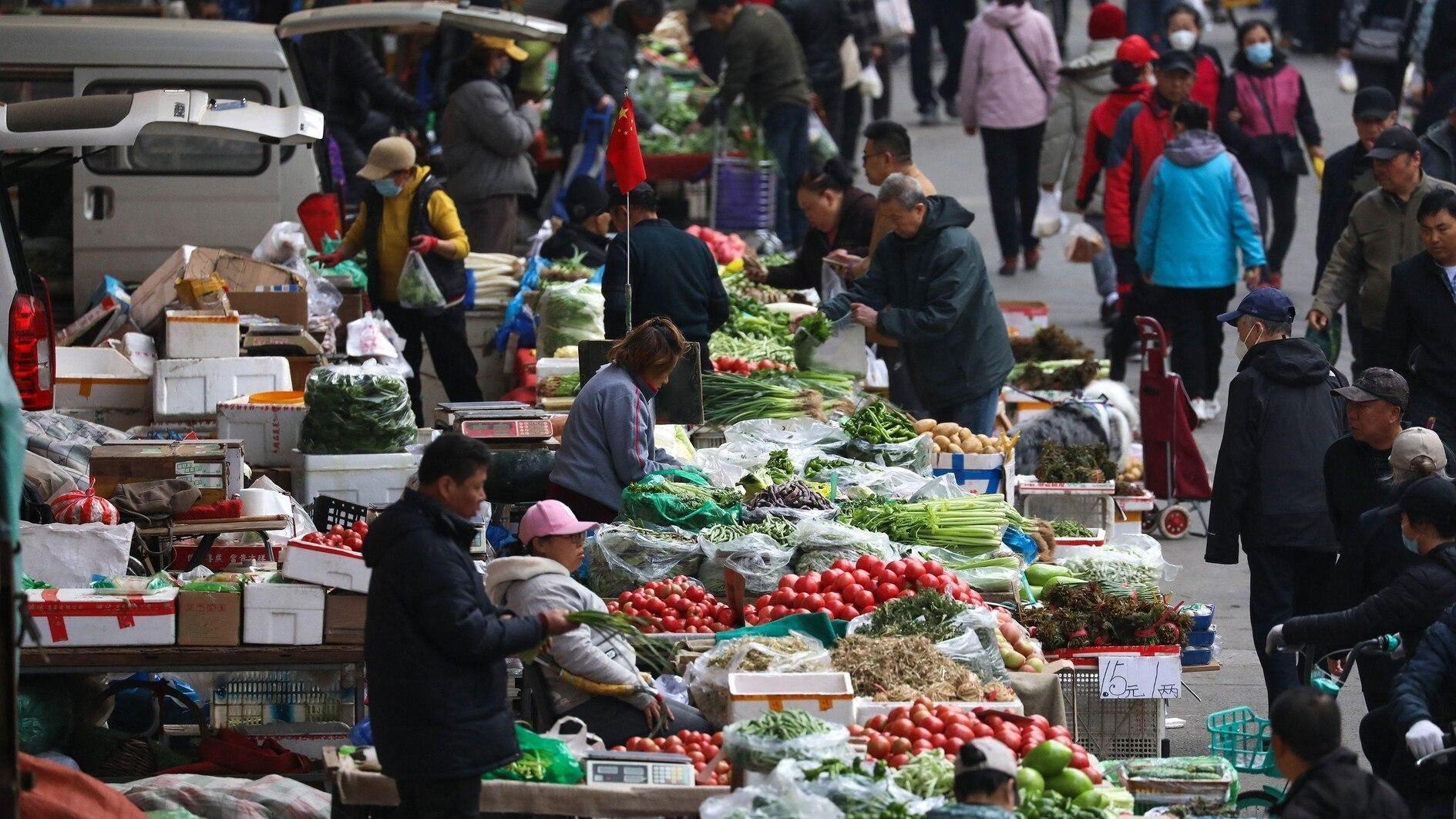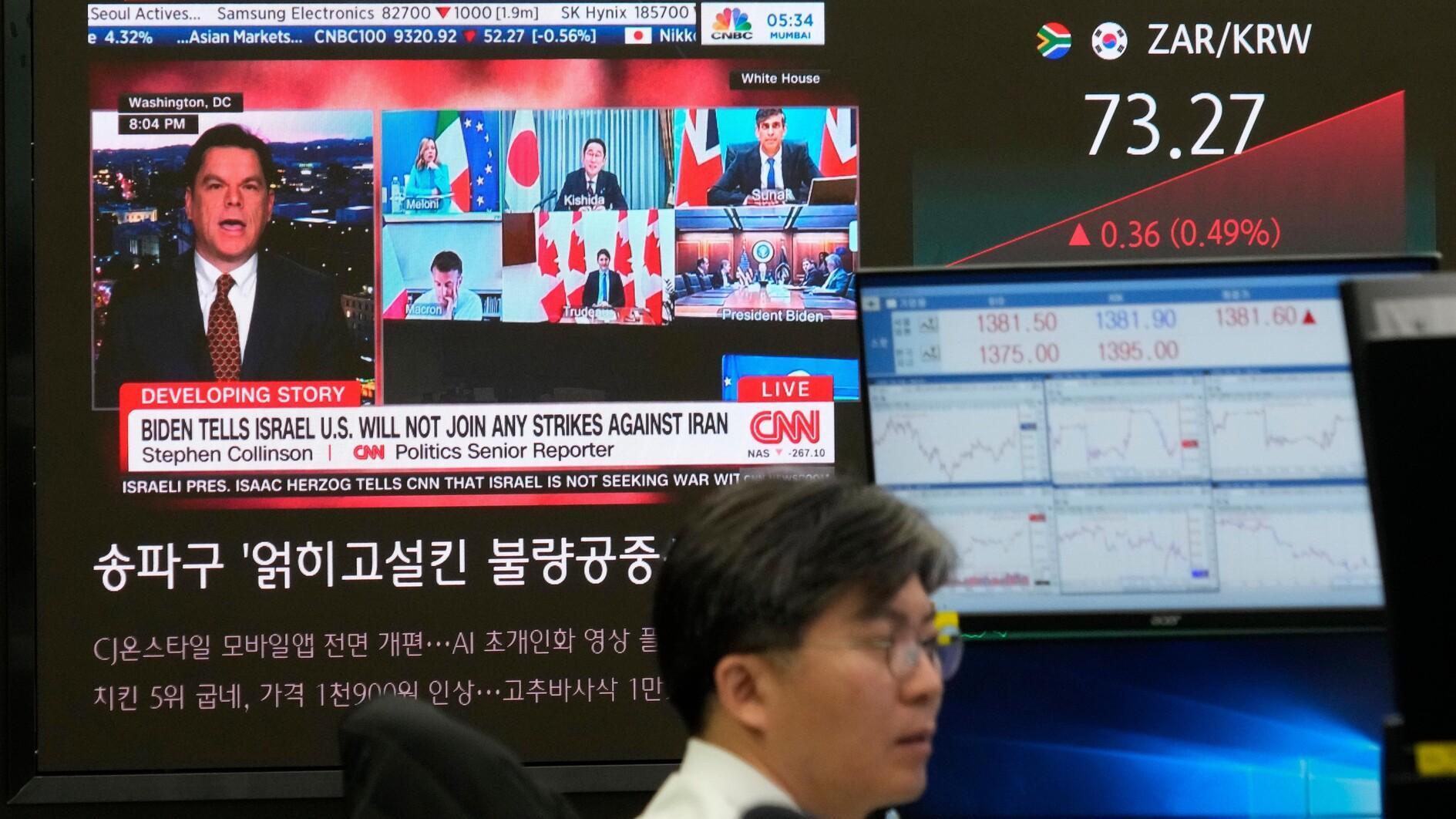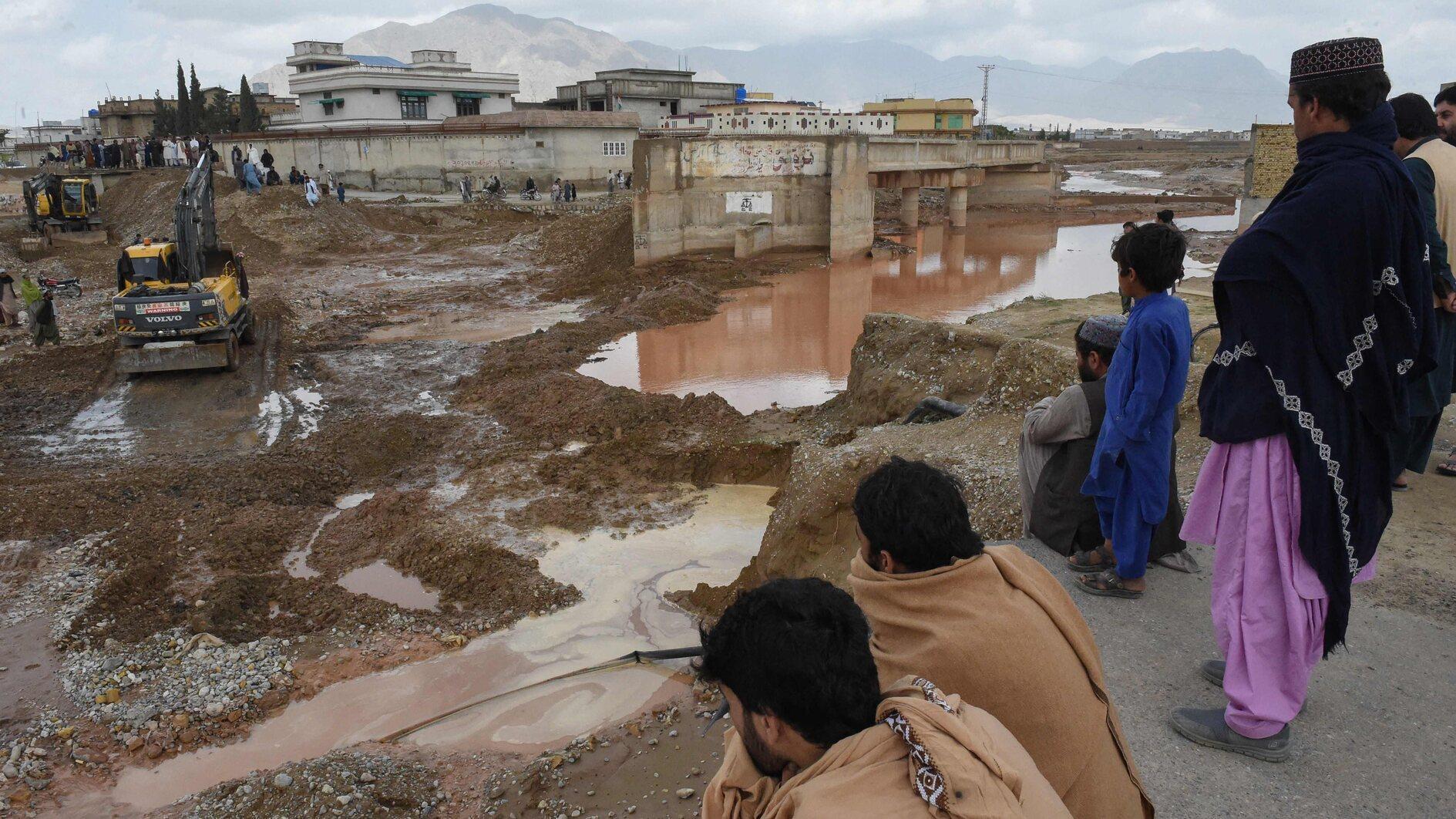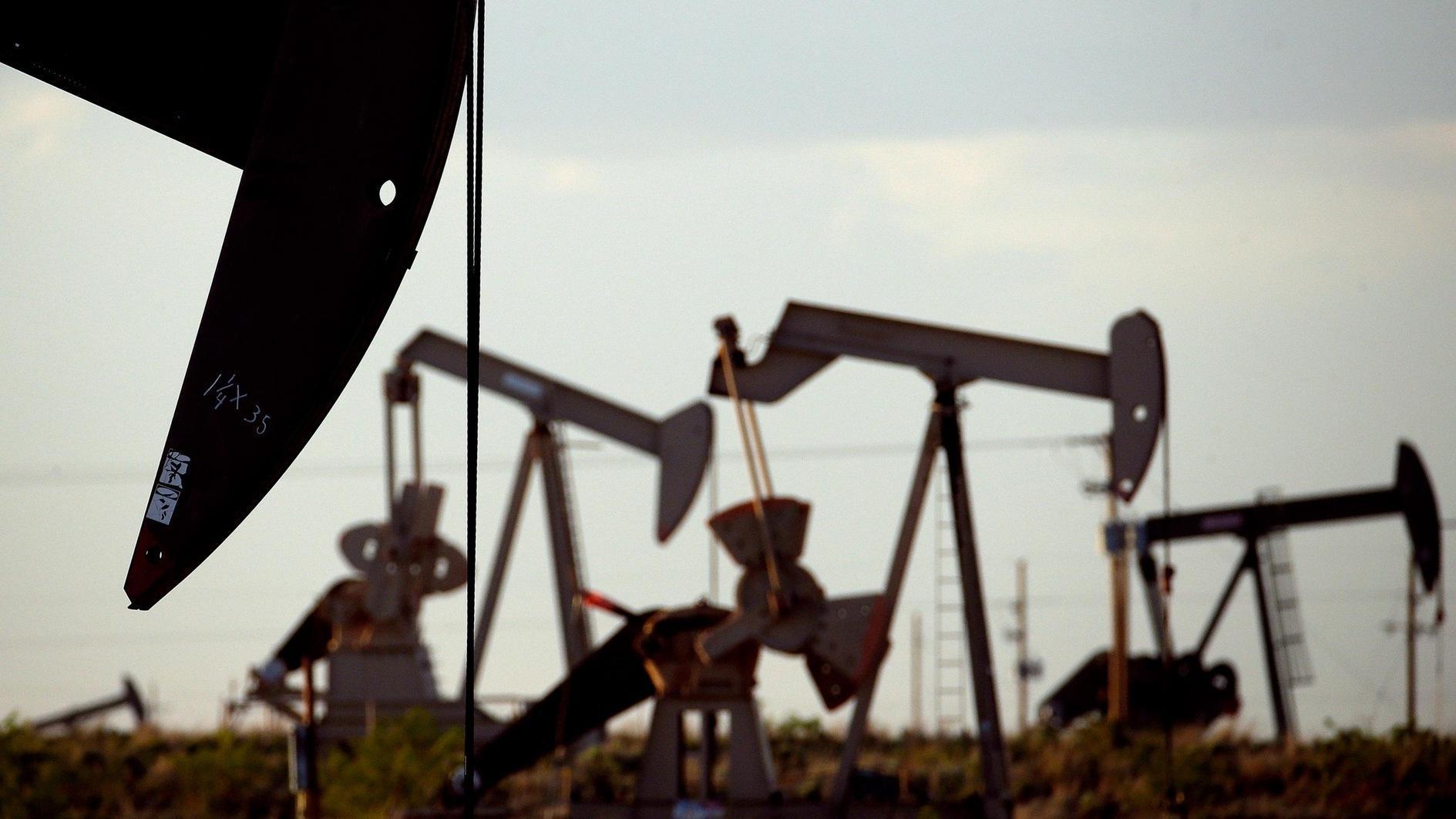Turkey’s role in the new regional normal
I was reading the results of a survey conducted in the province of Van around a week ago. Van is one of the easternmost provinces in Turkey, right on the border with Iran. The survey was conducted at a town hall meeting by my colleagues at TEPAV. Around 400 participants were asked “What needs to be done to improve the tourism industry in Van?” The respondents did not choose options like “more SME support,” nor did they ask for more money, as is usual in provinces like Van. No, their first priority was to improve the quality of urban life. If this is the first time you are hearing about quality of life issues in an Anatolian town, you are not alone. I was perplexed. Most people in Anatolian towns don’t try to improve their urban environments; they just pick up and leave for the big cities. This is part of a new normal that is worth delving into.
Newroz is a big holiday in that region, and this season brought a flood of Iranian tourists to Van this year.
Overnight, Van turned into a 24-hour city, just like Istanbul. I think that is the link between tourism revenue and quality of urban life. Iranian tourists are looking for hotels, restaurants, nightclubs, shopping malls, playgrounds for their children and cinemas. The signs are all in Farsi. There are Iranian musicians at nightclubs. It isn’t just about legal alcohol and nightlife for Iranian tourists; most just want to enjoy a free environment where they have a variety of goods and services to choose from. They want to shop at nice stores and take part in globalization. And that is Turkey’s role in the region: pluralism, political and economic freedom. That is what Turkish secularism enables us to do.
This new normal is heartening, but there is turbulence as well. Let me start with the changing pattern of Turkey’s trade relations. The 21st century changed Turkey’s trade balance with its region. In the past, we had a trade deficit with the oil-rich Gulf countries, for example. Now however, we have a trade surplus, especially if you count tourism revenue.
Even in the 1995-2000 period, our trade deficit with the GCC was around $1.2 billion. That turned into a surplus of $85 billion in the 2012-2015 period. What does this mean? The GCC is selling us petroleum products and we are selling them manufactured industrial goods. That is the difference. From 1980 to 2000, Turkey transformed itself from an agricultural society to a low-tech industrial country. From 2002 to 2015, it turned into a mid-tech industrial country. That made all the difference. Trade deficits turned into trade surpluses. The GCC has not undergone a similar economic transformation process. It was a resource-based economy back in the 20th century, and it remains one today. Turkey changed. The Gulf countries did not.
But the GCC and other Arab countries now need to adjust. Why? With Donald Trump or without him, there is a new industrial revolution underway that is delinking carbon emissions and growth. Low oil prices are here to stay. Why does Turkey have a trade surplus with the GCC? It’s because oil prices are low. The GCC needs to get used to the pressures of a non-oil investment environment, something Turkey has had to do for decades already. We do know how to prepare the institutions that make your country attract investment. In that sense, Turkey is a model for its southern neighbors.
When looking at the history of Turkey’s transformation, the 1996 Customs Union with the European Union, as well as the candidacy process that brought foreign direct investments into Turkey, are key. The EU only reluctantly engaged with Turkey and never had a clear long-term strategy, but even that was enough.
After the failed coup attempt last year, I wrote that Turkey had two options: being Venezuela or being Spain. Both went through failed coup attempts, mind you. Spain turned into a democracy, while Venezuela became a kleptocracy. I said at the time that the Spanish option worked because there was strong engagement on the EU side. It was worrying therefore, that when Turkey went through a failed coup attempt, the EU was weak, and no longer had influence in Ankara.
If Europe wants to remain globally relevant and be a source of inspiration, including for the Middle East, it must find a way to more effectively communicate with Turkey. This does not have to happen through Brussels, but at least the capitals that aspire to global outreach have to do this.











